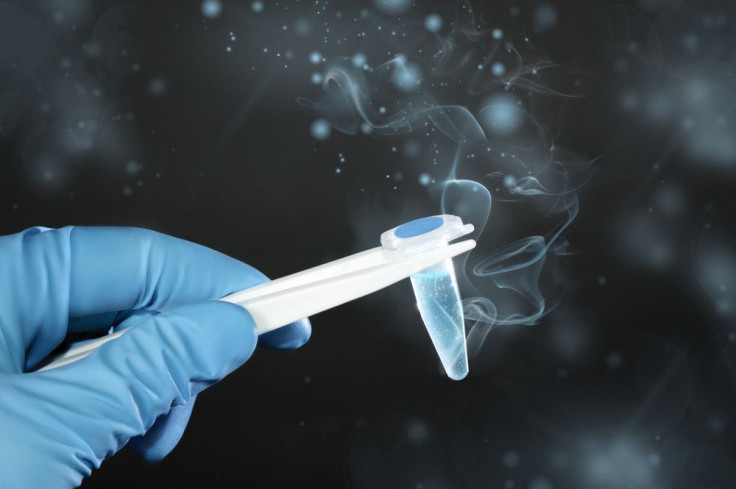Sperm Bank Mix-Up: Couple Sues After Donor Boasted As Healthy PhD Student Turns Out To Be Schizophrenic Ex-Con

A Canadian couple is suing Atlanta-based Xytex Corp. sperm bank for falsely advertising Sperm Donor 9623 as a healthy Ph.D. student, when in reality he was a college drop-out with a serious mental health diagnosis and a criminal background. Unfortunately, this is not the first time a sperm bank has been in hot water for discrepancies between the sperm they advertise and the sperm they deliver.
Donor 9623 was described as a man with an IQ of 160, an undergraduate degree in neuroscience, a master’s degree in artificial intelligence, who was pursuing a Ph.D. in neuroscience engineering. According to the couple, Angela Collins and Margaret Elizabeth Hanson, representatives from the bank personally described Donor 9623 as “mature beyond his years” and possessing “an impressive health history,” The Associated Press reported. Based on this description, choosing Donor 9623 to be the father or their now 3-year-old son was not a difficult decision.
It was only after Xyrex sent the couple several emails which inadvertently disclosed the donor’s full name that his true identity came to light. After a bit of personal investigating, the couple learned that Donor 9623 had schizophrenia, dropped out of college, and had previously been arrested for burglary. Even worse, upon seeing an image of the donor, the couple noticed that the photo provided to them by Xytex had been altered to remove a large mole from his cheek.
The couple is now suing both the company and the donor, who is believed to have fathered 36 children in total; 15 other couples may join in the Collins-Hanson lawsuit. According to an open letter written by the company’s president, Kevin O’Brien, the errors “do not reflect the representation provided to Xytex” and the company is not at fault.
O’Brien upheld that the donor had undergone a medical exam and supplied copies of both his bachelor and undergraduate degree, and insists that the couple was “clearly” informed that this donor’s background had not been verified by Xytex.
San Francisco-based lawyer Nancy Hersch, who is representing both the Canadian couple and possibly the 15 other potential clients, disagrees. She insists that it was never made clear that the information regarding Donor 9623 had not been confirmed and that the experience has left families “frightened, scared, upset, and misused…” The Star reported.
This is not the first time a mistaken identity at the sperm bank has led a couple to the courtroom. Last year a sperm mix-up made national news when a white couple in Ohio was accidentally given black sperm, resulting in a clearly biracial baby girl. The couple sued the sperm for the mistake, claiming that although they loved their daughter the unexpected racial differences caused an emotional challenge for both the child and the parents.
In 2006, a sperm bank over-look became light-threatening when five children born in the Detroit area were born with the rare and potentially deadly genetic disorder, severe congenital neutropenia. The disease affects the white blood cells and leaves patients vulnerable to infection and even leukemia. All five cases were traced back to one sperm donor from a Michigan bank, Live Science reported. In this case, although the bank had screenings for common hereditary disease, this did not include more rare diseases, highlighting the small yet ever-present risk couples take when receiving sperm from unknown sources.



























